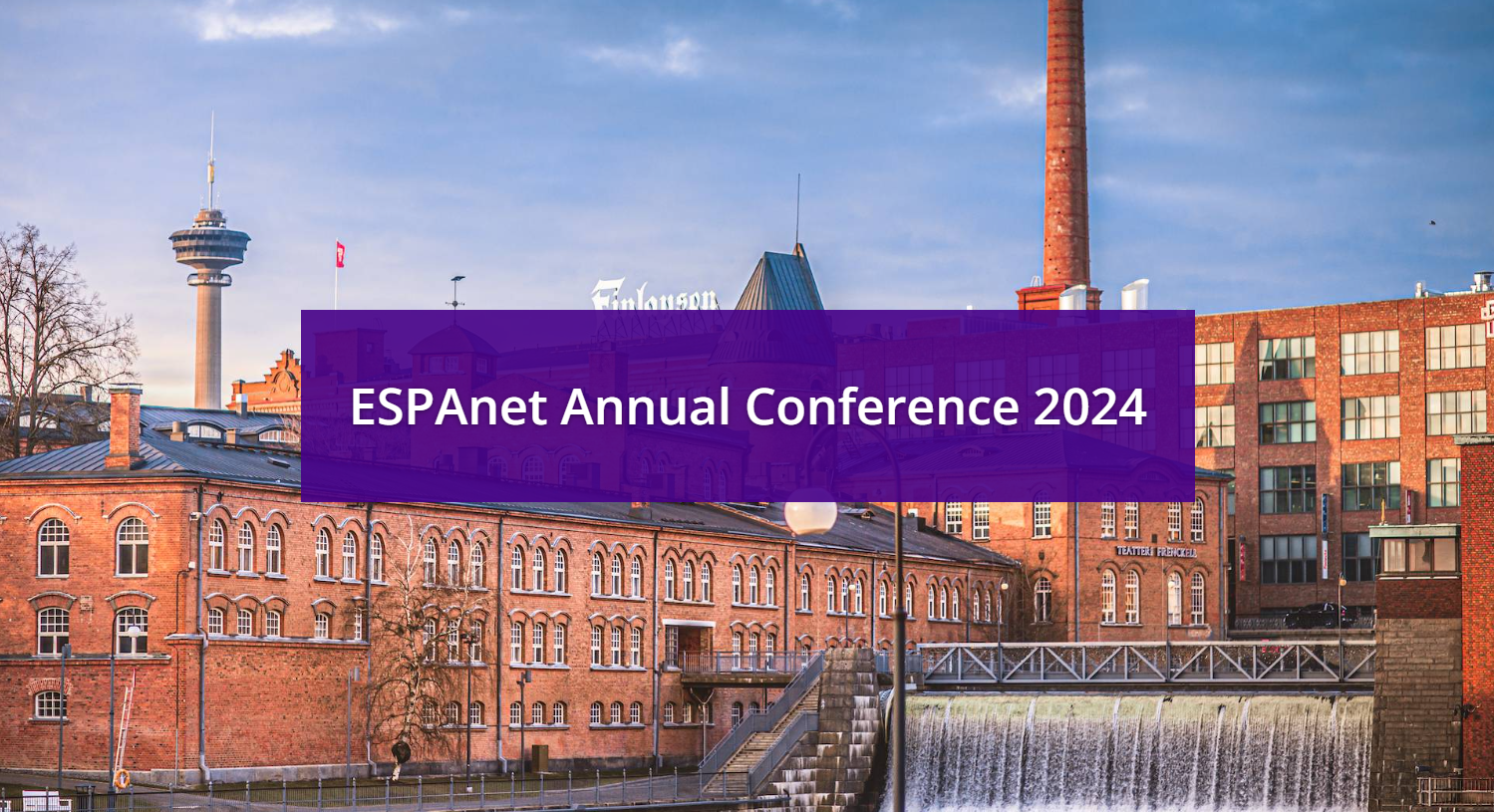News
Call for Papers: the ESPAnet (Network for European Social Policy Analysis) Conference
Submissions are now open till the April 25th 2024
LISER researcher Marie Valentova of the Living Conditions department, is co-organizing a stream at the ESPAnet (Network for European Social Policy Analysis) Conference ( August 28-30,2024 in Tampere, Finland) with her colleagues from the Oxford University and the University of Stockholm. The stream is entitled “The Role of Work Organizations in the Implementation of Social Policy. Special Focus on Work-family Reconciliation Policies - Stream 26” (further details about the streams).
The Tampere, Finland
Stream 26 description:
Work-family reconciliation policies, such as parental leave, childcare services, part-time work, and flexible work arrangements, have been extensively analysed across different social policy disciplines. There is a wealth of existing research comparing the parameters of these policies across countries and exploring their effects on parents’ income, well-being, labour market outcomes, and health, as well as on children’s well-being and educational outcomes. Much is known about how these policies were adopted and implemented at the national level, and what their usage and perceptions are among parents. However, research exploring work-family reconciliation policies at the level of employers and work organisations remains limited, primarily due to the constrained availability of representative and comprehensive company-level data. Employers are actors who make strategic choices to design and introduce their own work-family reconciliation policies, whether at the organisational level or under collective agreements. They also play an essential role in implementing statutory work-family reconciliation policies, which are regulated by national law. It is at the workplace level that formal work-family policies transform into entitlements and claims, where requests are processed.
Particularly, we are interested in research that addresses the following questions or similar:
- To what extent do employers adapt national and supranational policies? What was the role of employers and their associations in adapting the EU Directive 2019/1158 on Work-Life Balance (WLB)? What role, if any, do the unions play in the design of the WLB?
- How do work organisation formulate their own policies? Do they abide by the existing national policies or adapt and devise policies according to the specific situation of the workplace? What role do collective agreements play in implementing work-family reconciliation policies?
- What are the methodological challenges in analysing the role of companies and employers in the uptake of work- family reconciliation policies? How can these challenges be addressed?
- What are the rationale, motivations, and arguments of employers for implementing WLB, national, and their own policies?
- What are potential policy recommendations that would improve the implementation and outcomes of the WLB directive in a way that benefits all stakeholders?
- Are there any systematic variations by occupations or sectors in the implementation of the WLB? Why is the adaptation of the WLB faster and easier for some employers, whereas some others struggle more? What are some potential policy mechanisms to facilitate better implementation of the WLB regardless of the characteristics of employers?
Stream chairs:
Marie Valentova (Luxembourg Institute of Socio-Economic Research (LISER))
Merve Uzunalioğlu (Oxford University)
Ann-Zofie Duvander (Mid Sweden University and Stockholm University)

Submissions are now open till the April 25th 2024 at : https://events.tuni.fi/espanet2024/submission/
More information about the conference is available below.
https://events.tuni.fi/espanet2024/






